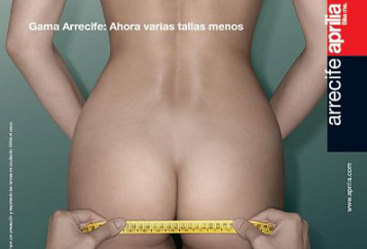Kansas State Board of Healing Arts outlaws Lipodissolve
Kansas State Board of Healing Arts outlaws Lipodissolve except in drug trials
By JULIUS A. KARASH - The Kansas City Star Story

The board said patients may not receive Lipodissolve unless it is authorized by a physician as part of an investigational drug trial.
“We have to protect the public from the potentially disastrous effects of unproven drugs,” said Mark Stafford, the board’s general counsel, who noted that Lipodissolve is not approved for treating fat by the Food and Drug Administration.
The Kansas restrictions are expected to take effect in mid-to-late September, Stafford said. The board’s unanimous action covers the most common form of Lipodissolve, consisting of phosphatidylcholine and sodium deoxycholate.
The action drew criticism from Matt Taranto, owner of Leawood-based Aesthetic Consulting Group, which manages AesthetiCare Medi-Spa & Lipo Dissolve Center in Leawood.
Taranto said in a phone interview that 10,000 to 50,000 such treatments are administered every month to patients throughout the United States.
“I have yet to hear of a serious reaction or side effect from Lipodissolve,” Taranto said. “It’s an effective way to address localized deposits of fat. The majority of people who have it are happy.”
But Stafford said the board has received at least half a dozen complaints about facilities that give the injections. He said the complaints, which are under investigation, involve problems with business practices and patients suffering side effects such as nodules, infections and nausea.
Lipodissolve is a trademark name. The injections are not designed to treat obesity, but rather to flush out fatty deposits from various parts of the body when patients can’t get rid of them through diet and exercise.
In May, the American Society for Aesthetic Plastic Surgery warned against the use of Lipodissolve and similar treatments. “We do not have definitive information on injection fat loss treatments,” Foad Nahai, president of the society, said in a May 14 statement. “The bottom line for patients is this: Don’t allow yourself to be injected with an unknown and untested substance.”
A placebo-controlled study of Lipodissolve is being sponsored by the Aesthetic Surgery Education and Research Foundation. The study, which will be conducted under FDA supervision, will follow 20 patients for 46 weeks to evaluate the efficacy of the procedure and collect data on reactions and complications.
It is not clear how many Kansas businesses will be impacted by the new restrictions and to what degree. Stafford said the board did not have firm numbers on Kansans who have received the injections or the number of Kansas facilities that administer Lipodissolve.
However, Stafford said the Kansas City area has had one of the heavier concentrations of Lipodissolve clinics, and the board has been aware of perhaps a dozen such facilities on the Kansas side of the metropolitan area recently.
Taranto estimated that Lipodissolve is dispensed by about 20 facilities in the Kansas City area on both sides of the state line.
The Kansas board in April passed a temporary regulation that required a physician to perform a physical exam, record the patient’s medical history and write a prescription before a patient was injected with Lipodissolve.
The board held a public hearing on Lipodissolve last month.
“Other states have been watching to see what we’re doing, and some are contemplating taking action,” Stafford said.
Mark Tucker, president of the Missouri State Board of Registration for the Healing Arts, has said that Missouri might consider stricter regulation of Lipodissolve if necessary.
Hat tip to Ron for sending this to me.